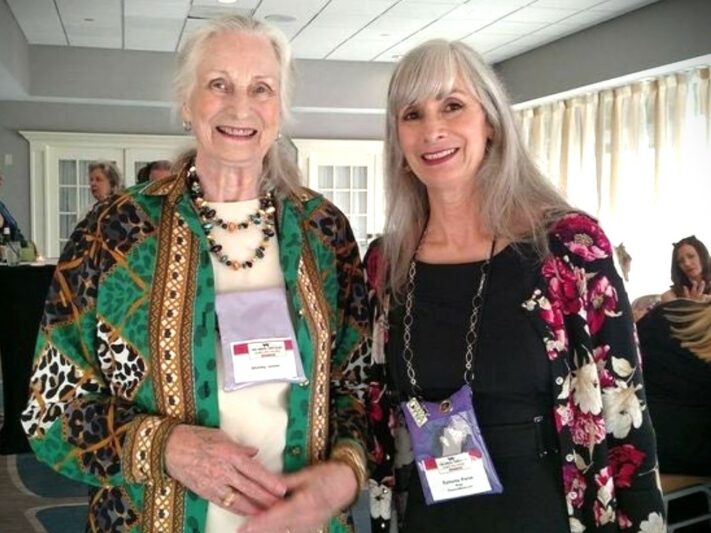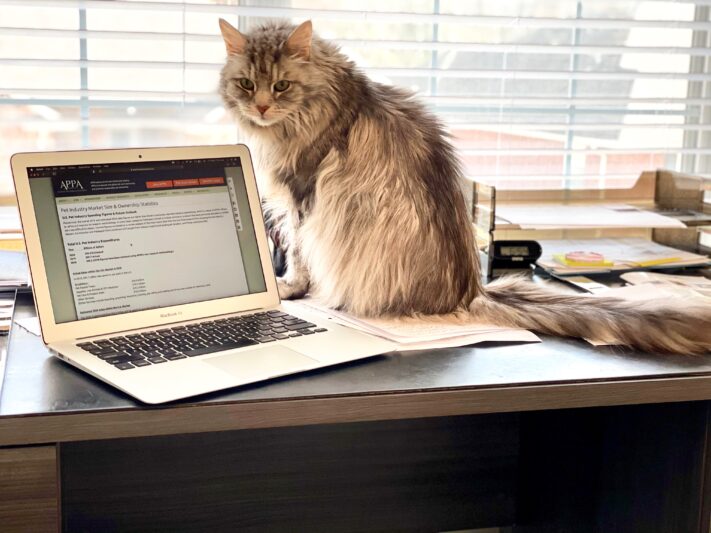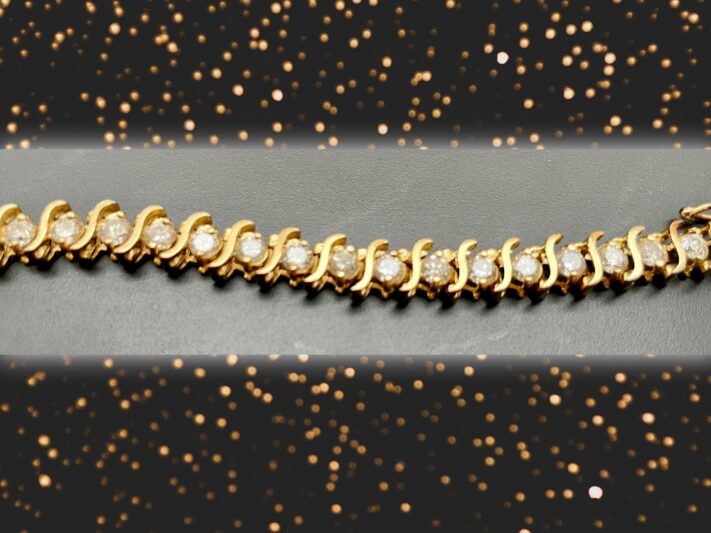By Ramona D. Marek, MS Ed.
Background
I grew up in a home of readers. We read everything from cereal boxes to Shakespeare. My mother was a writer and an academic editor for 40 years, so my siblings and I grew up writing; for us it was as normal as playing outside.

While Mom checked our homework, she didn’t do our work. But she was ever the editor.
“Ramona, you need to look at this sentence structure.”
“Ramona, you need to correct the spelling of this word.”
Which was often met with, “Aw, Mom, can’t you just do it for me, it’ll be faster.”
Which was countered with, “No, you’ll learn it better by doing it yourself.”
One day, when I was in the 5th or 6th grade, Mom used a word to describe herself—autodidactic. I didn’t know the word. When I asked her what it meant, she told me to look it up in the dictionary so I would remember the definition. Autodidactic, one who is self-taught. I still remember the definition.
All of this leads me to where I am today as a professional writer. I, like my mother, am an autodidactic. I did not go to journalism school or graduate with an MFA in Creative Writing. I got close to majoring in English though. I majored in social work, rehabilitation counseling, and received a second degree in psychology, plus a Master’s degree in special education.
But I do know the importance of having a professional editor.
Professional editors don’t do your writing for you, they polish your work to make it look its best. Every writer, whether new, seasoned, or self-published, benefits from having a professional editor edit their manuscript before publishing.
This brings me to my first point of working with an editor, from a writer’s point of view…
4 Things to Expect When Working with an Editor
1. An editor’s job is not to teach you how to write, but if you pay attention to the edits you become a better writer. As a writer you should know correct grammar, spelling, and punctuation. If you write for a publication, you should be familiar with their guidelines—AP style or Chicago, active or passive voice, says or said, and word count.
If you don’t follow the guidelines, continually ignore the edits, and make the same mistakes, you may not work with some editors/publications very long.
There was a publication I really wanted to write for, and my idea for an article was accepted. I researched and wrote what I thought was a clever, light-hearted piece. The editor told me it was too academic for their publication. Ouch, that smarted! Lesson: if you want to write for a publication, practice, practice, practice their desired style.
2. People say you need a thick skin. Maybe. But I think you need an open mind to recommended changes. I also think you should defend important points that you want to keep. In the comprehensive editing phase of my book, Cats for the Genius, I had to hold my own on some points—declawing, for example—and compromise on others. It was a lesson of give and take. The editor was new and didn’t know anything about cats. I found it necessary to approach the experience with a dose of education and a side of humor.
3. A game of 20 questions. An editor is there to critique, not criticize, and to give detailed points about how to make your piece of writing better. That comes in the form of questions–why, when, what, where, who, and how. Sometimes that may mean a band-aid and other times it may be full-on resuscitation. I’ve experienced both and all points in between.

4. Be prepared to work with a whole team of editors! My first editor was Mom. After I started cat writing, my heart and soul cat, Ivan, was my “furrst feline” editor. If the idea of working with one editor scares you, get ready, because most likely if you’re working with a publication or traditional publisher, you’ll have not one, but a handful of editors—comprehensive editor, copy editor, layout editor, and possibly specialized editors in the field. Example, veterinarian review. Each will have their own recommendations along the way. Yay!
Five Stages of Editing
1. Scream, cry, cuss a little, palpitations, hyperventilate. Walk away from it for a minute. Get a cup of tea.
2. Think about it…sleep on it…maybe it’s not a bad idea…
3. Some of this works…
4. Hey, that’s a great idea!
5. Flash of brilliance! Your next big idea. (Which may be a better piece, a new article idea, or a new book.)
Why Every Author Needs to Work With a Professional Editor
In between undergraduate and graduate school I worked at a jewelry store. I learned a great deal about so many fine things. One of those fine things was diamonds. I fused that experience and my knowledge of writing into an analogy for why working with a professional editor is needed. I hope you find it useful.

Every writer, new, seasoned, and self-published, will benefit from having a professional editor edit their manuscript before publishing. Professional editors make your work shine!
Your manuscript is precious. You’ve given a great chunk of time out of your life writing a gem. As difficult as it may be, think about your manuscript as a diamond in the rough. You have this precious jewel that you want to show the world, but before making its public debut as a brilliant masterpiece, it must first undergo professional editing.
A professional editor is the equivalent of a master diamond cutter. It takes knowledge, skill, patience, and finesse to transform a rough rock into a precious, brilliant diamond.
Cut: A diamond’s beauty depends on cut more than anything else. The optimum cut highlights brilliance (white light reflections), fire (flashes of color), and scintillation (sparkle). The cutter must balance the optimal cut for the three effects and maintain maximum carat weight. An editor must do the same thing with a manuscript. The point is to fashion high quality, well-edited writing over a fair quality product.
Cut is not shape. There are 10 shapes of diamonds with Round as the most popular (75% sold). The simple shape offers more brightness and light reflection than fancy cuts. In writing terms, choose the simple over fanciful flourishes.
Color: Diamonds come in a variety of colors, but the white diamond reigns supreme. The less body color in a white diamond, the more true color it will reflect; therefore the greater its value.
Think about your voice as color. Your choice of words, rhythm, and sentence structure all reflect your voice, your true color. Your editor is here not to take away your voice but to enhance your voice to its true color.
Clarity: Diamonds are created under great amounts of stress and pressure, not unlike writing! Almost every diamond has imperfections, and so does a piece of writing. Clarity refers to the degree to which these imperfections are present. Diamonds that have more blemishes have less brilliance because the flaws interfere with the path of light through the diamond.
An editor asks questions that highlight flaws, blemishes, and imperfections in your writing which prevent your message from reaching your readers. You can bet your readers will ask the same questions.
Carat weight: A carat is a unit of measure, not size. When you think about writing and the editing of your manuscript, think about the weight of your words over word count.
As you can see, working with an editor helps the author polish their work so the finished manuscript shines to its best potential.
Source
*Diamond information from Lumera Diamonds, Diamond Education. https://www.lumeradiamonds.com/diamond-education/index
About the Author

Ramona D. Marek, MS Ed. is an award-winning writer and author who writes about pet care, health and welfare, behavior, and cats in the arts.
Her work has been honored with prestigious awards including the Shojai Mentor Award, Fear Free Pets Award; Good News for Pets Human-Animal Bond Award; Purina One Health Award; numerous Cat Writers’ Association Certificates of Excellence and MUSE Medallions, including for her book, “Cats for the GENIUS.”
Ramona is a professional member of the Cat Writers’ Association. She is also a member of the The American Association of Feline Practitioners’ Cat Friendly Practice Advisory Council, Fear Free® certified and Fear Free® Shelter certified.
She finds inspiration in her two feline muses, Tsarevich Ivan, a joie de vivre silver tabby Siberian, and Natasha Fatale, a full-time diva dressed as an “anything but plain” brown tabby. You can read more about Ramona and her work at https://ramonamarek.com.
This is so true. The number of almost amazing books I have read with one typo, a slight loss of direction, one slightly ‘not quite right’ thing in them that an editor would have caught.
I know I will submit my manuscript to an editor if I ever want to publish a cat novel or full length story.
Thanks for your comment, Marjorie. Even with an editor things can get missed–you know, being human. However, the investment in an editor minimizes the worst culprits. Good luck with your manuscript!
Please recommend an editor for a cat fantasy. Thanks, Ellen Laura
Thank you for your comment, Ellen. There are many wonderful editors in CWA. Perhaps reach out to one of them to find your best fit. Good luck!
Excellent article! I could use an editor for my life. When I’m rambling on about something, they can remind me that “less is more”.
I think many of us could use that!
Good one, Edie!
Excellent piece, Ramona. I love the diamond analogy.
Thank you, Tammy! I appreciate your comment.
Excellent article and advice. I learned invaluable lessons during my writing journey about the critical need for an editor. Thanks for sharing.
Thank you, Deb.
Wonderful! I definitely need an editor. Thanks for the article.